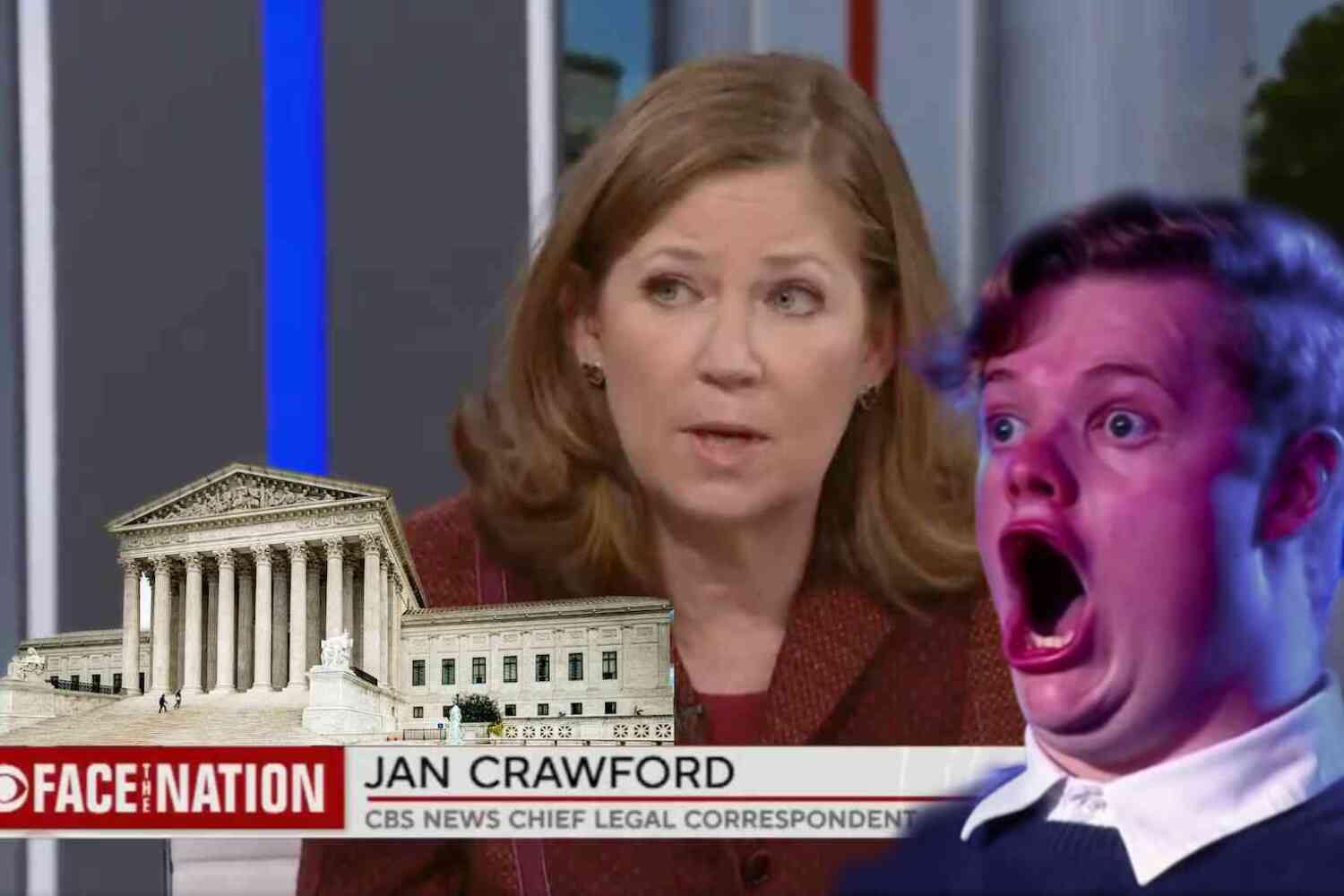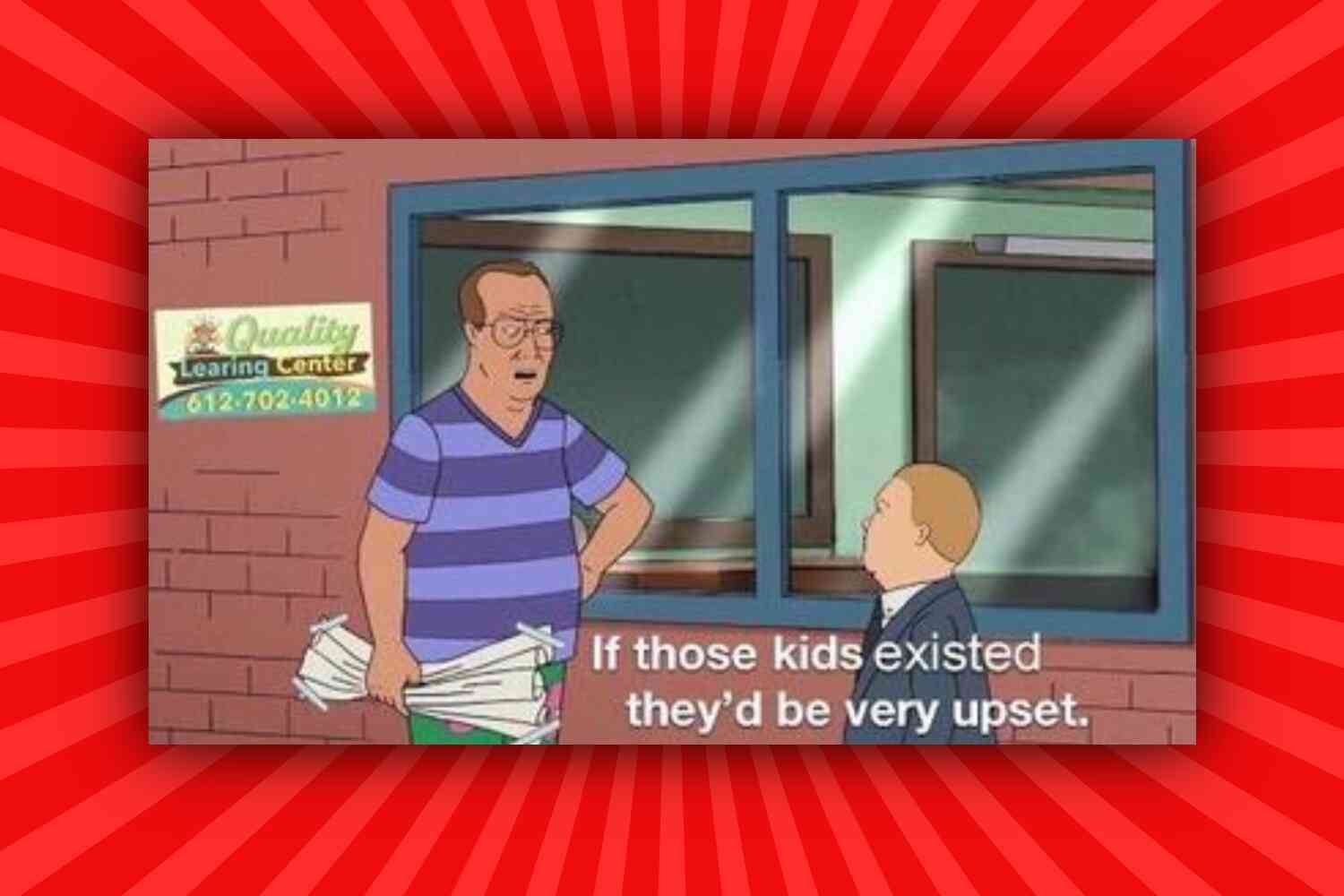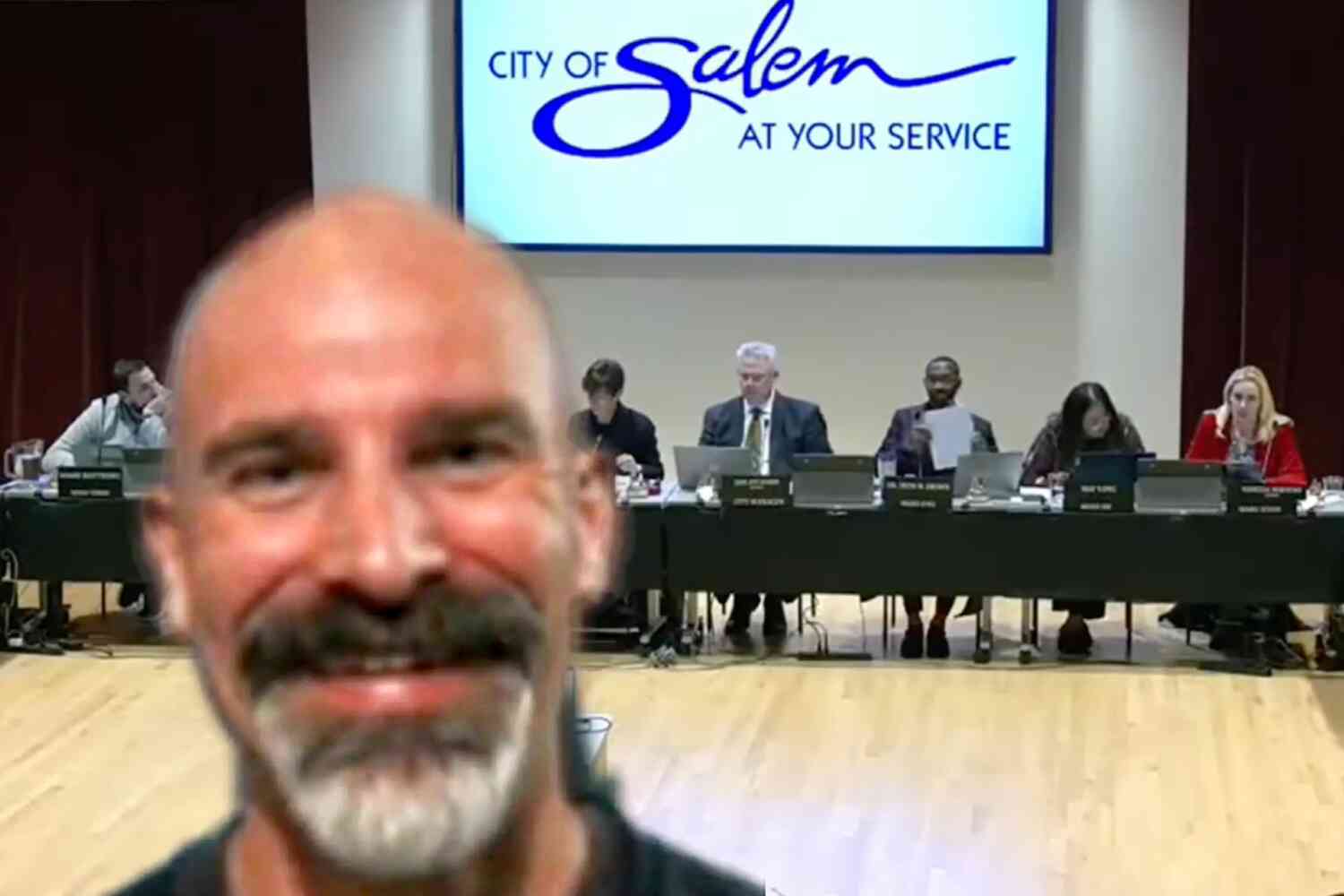It's the end of the week, and here are the three things from the last five days that left me the most confounded and confused.
Hate it, but wouldn't leave it
I used to be virulently anti-flag burning. It seemed both pointless and an ungrateful slap in the face of those who had worn that flag into battle. No reason for that, I used to say. So ban it. To be clear, I still believe it is pointless and an ungrateful slap in the face of those who wore the flag into battle. I still believe there is no reason for it. I'm not so sold on the idea of banning it though.
I'm persuaded by the conclusion that one of the blessings of free speech in America is the ability to disagree, complain, and express your displeasure with the very land that grants you the ability to do that. If you fail to note the irony there or have the gratitude to acknowledge it, that's kind of on you. I'm past the point of despising people who spit on the country, and more to the point of feeling pity for them.
A prime example came on Independence Day this year. So many memes, so many comments, so many efforts by so many entitled folks who don't realize how good they've got it. Like this snippet from The New York Times:
Living in the most advanced and prosperous civilization in the history of humanity allows you the leeway and latitude to invent your own problems and crises, I suppose. Half the world hunts for food and searches for potable water, but a significant portion of Americans feel oppressed and subjugated because there are some states where they aren't allowed to murder their offspring.
It's funny, isn't it. America is so blessed a place that even the people who say they hate it don't even think about leaving.
Lead by example Ben and Jerry
Speaking of being amused at folks who seem to hate the country that allowed them the opportunity to become privileged elites, everyone's favorite ice cream activists are back at it again. On the 4th of July, the same company that has created flavors to celebrate illegal immigration, abortion, and the Paris climate conference (yes, I'm serious) made this head-scratching announcement:
Listen, I get why this type of sloganeering appeals to young people who are far more impressionable and easily manipulated than they are intelligent or judicious. But the fact that grown adults remain incapable of thinking (and that's the key word that explains so much of what ails our civilization) through the rhetoric to see how absurd it is, truly amazes me.
- Most indigenous tribes were nomadic. They didn't believe in land ownership, and they went where the food was. This often involved chasing other tribes off land they wanted. Those fights were often brutal and unforgiving slaughters.
- The concept of private property rights - the only thing that makes a "stolen land" claim meaningful - derived from European settlers. You can't call land "stolen" if you don't believe in private property rights. You wouldn't have private property rights if the Europeans hadn't come. So the only way you can be right is if you're appealing to something you say is wrong.
- Since there were tribes on parts of North America, does that mean that no one was ever allowed to migrate to the continent? Anywhere on the continent? What about all the unoccupied parts? And weren't the indigenous tribes taking the land of other indigenous tribes committing the same offense? Which tribe should get which part of which land back?
It's all showboating, virtue signaling, sophistry. But since that's what appeals to so many people these days, I am not surprised that Ben and Jerry's finds it profitable to still say these kinds of ridiculous things. So rather than fight it, why don't we embrace it? Why don't we say we're on board…as soon as Ben and Jerry's transfers all of their business holdings, locations, and headquarters back to descendants of indigenous tribes. As soon as their corporate office in Waterbury, Vermont is officially in the hands of the Abenaki people, we'll talk. Fair?
10 notes worth reading
Finally, the antithesis of Ben and Jerry's. Coleman Hughes is a Columbia-educated writer, researcher, thinker, and podcaster. He's thoughtful. Smart. Not given to provocations or sensationalizing for clicks and likes. He wrote one of the most thorough analyses of so-called "affirmative action" I've ever seen, in the wake of the recent Supreme Court decision about college admission programs.
You can read his 10 key points here, but as you do, join me in shaking your head thinking how much better we'd be if excitable young people and "justice advocates" would take their cues from thinkers like Hughes rather than activist buffoonery.
Disclaimer: The opinions expressed in this article are those of the author and do not necessarily reflect the opinions of Not the Bee or any of its affiliates.









